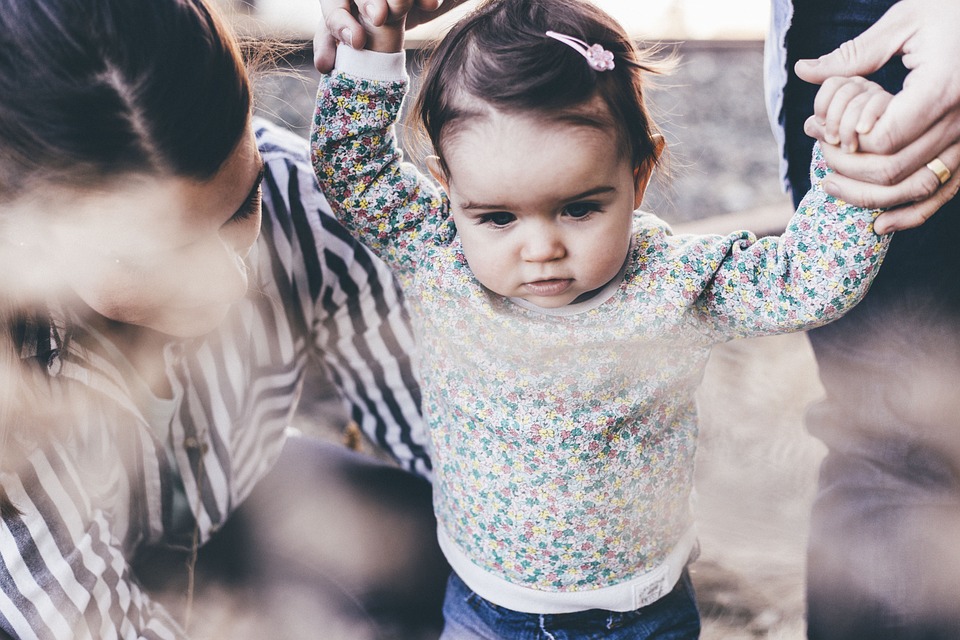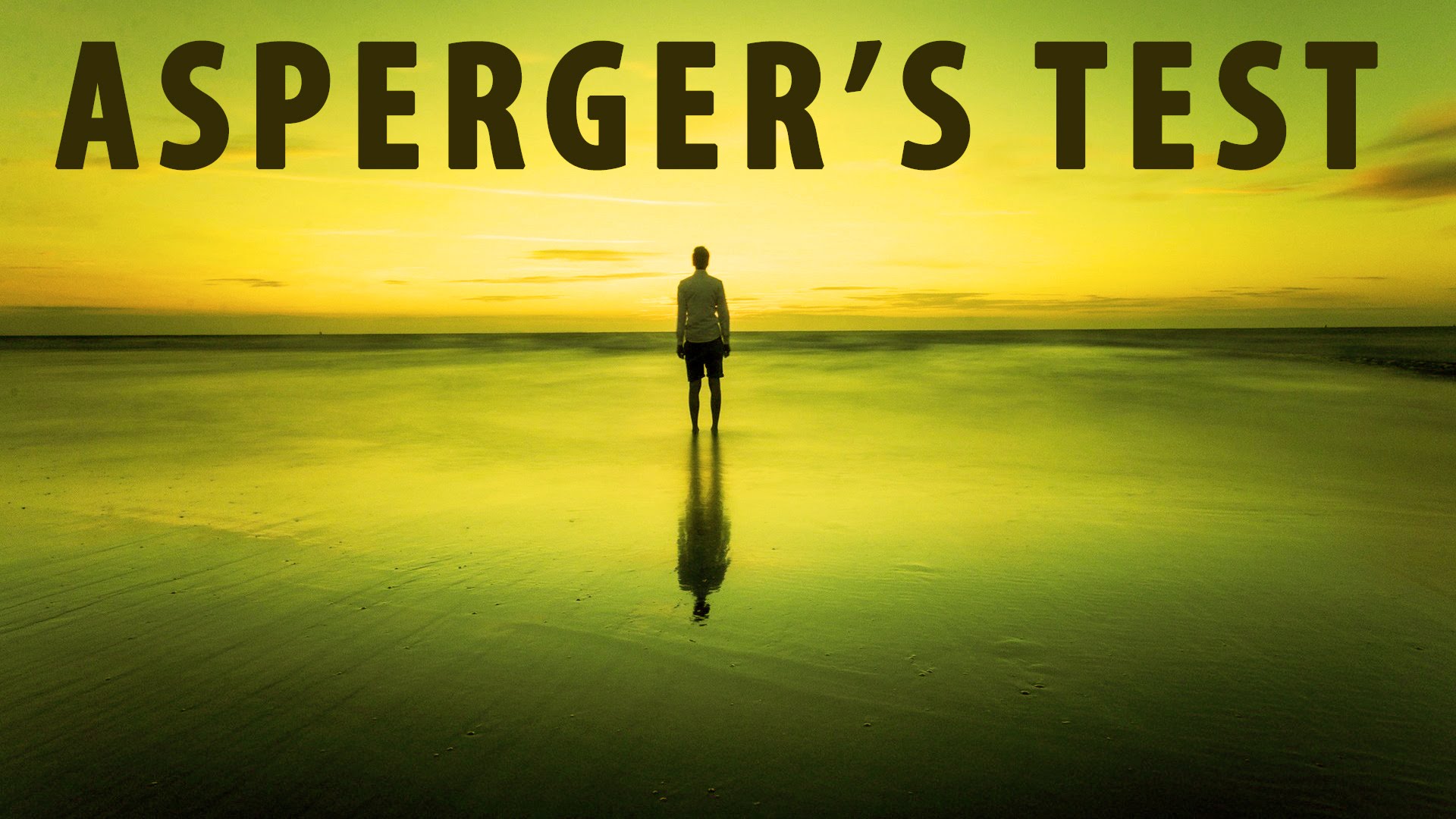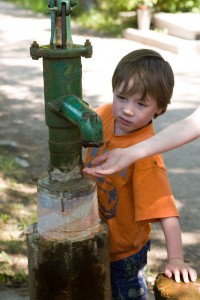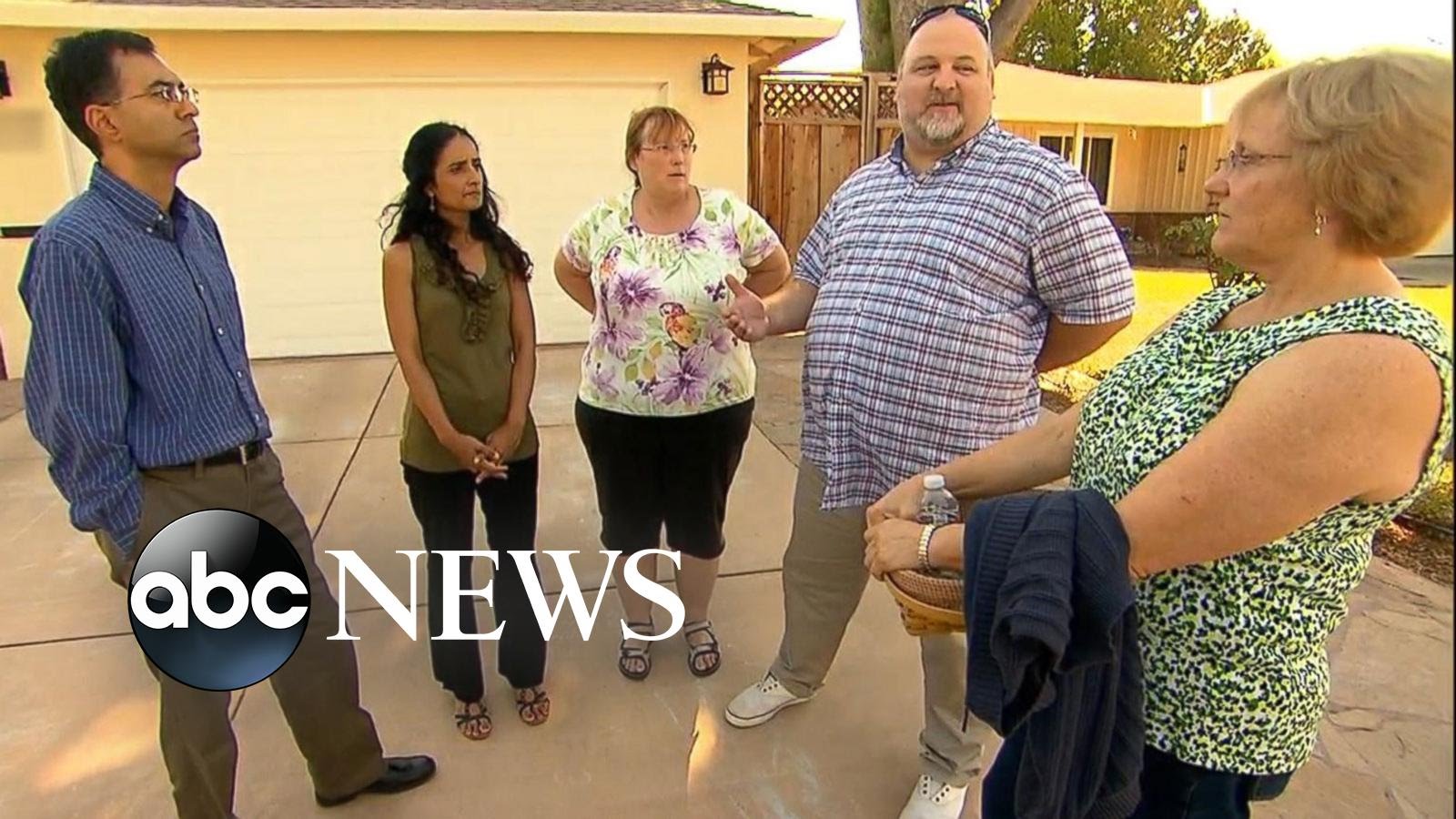“Parents of children with autism are more likely to have autistic traits,” the Mail Online reports. The news comes from research comparing the families of children with autism spectrum disorder (ASD) with those that are unaffected.
Parents and children with ASD completed Social Responsiveness Scale (SRS) questionnaires designed to detect traits known to be associated with the condition.
The study found the risk of ASD increased by 85% when both parents had elevated SRS scores. Fathers’ elevated SRS scores significantly increased the risk of ASD in the child, but no association was found with mothers’ elevated scores.
The study also found elevated SRS scores for both parents significantly increased child SRS scores in children not reported to have ASD.
But this study has several limitations worth noting, particularly that it relied on what the mothers said to determine whether a child had ASD. This means that some children reported to have ASD may not actually have the condition.
It could simply be the case that naturally shy parents brought up a naturally shy child. Such reporting could be considered to be medicalising normal human behaviour.
Where did the story come from?
The study was carried out by researchers from the Harvard School of Public Health, the University of California, Washington University and other US institutions.
It was funded by grants from the US National Institutes of Health, Autism Speaks and the US Army Medical Research Material Command.
The study was published in the peer-reviewed medical journal JAMA Psychiatry.
There is a potential conflict of interest associated with the study, as the Social Responsiveness Scale used in the research was devised by one of the lead researchers involved in the study, Professor John Constantino, who also holds the copyright. Every time a copy of the scale is downloaded or posted, the professor receives a royalty. This conflict of interest is made clear in the study, however.
The Mail Online picked up the story and overall reported on the study appropriately. However, the website failed to mention that the ASD diagnosis was mainly determined by reports from the mothers involved. The news story implies that a diagnosis of ASD had been confirmed by a qualified medical professional.
What kind of research was this?
This was a nested case-control study carried out within a wider cohort study called the Nurses’ Health Study II.
A nested case-control study is a comparison of people who have a condition of interest (cases) with those who don’t (controls). The past histories and characteristics of the two groups are examined to see how they differ.
This type of study is often used to identify risk factors for uncommon or rare medical conditions. A nested case-control study is a special type of case-control study where cases and controls are selected from the same cohort of people (and are therefore “nested”).
In contrast to non-nested case-control studies, data is usually collected in advance (prospectively), which means researchers can be sure of when certain exposures or outcomes happened. This avoids the difficulties or biases of participants remembering (or misremembering) past events.
Also, as cases and controls are selected from the same cohort, this means they should be better matched than if researchers identified cases and controls separately.
What did the research involve?
Participants in this study were part of a wider cohort study called the Nurses’ Health Study II, which included 116,430 female nurses aged 25 to 42 years when they were recruited in 1989.
As part of the wider study, these women completed questionnaires posted to them every two years since recruitment. In 2005 they were asked whether any of their children had autism, Asperger’s syndrome or another condition on the autism spectrum.
Current thinking is that autism spectrum disorder (ASD) encompasses a range of conditions and associated symptoms. This can range from children with behavioural and learning difficulties (often referred to as autism) to children whose intelligence is unaffected but have problems with social interaction (known as Asperger’s syndrome).
The current study began in 2007. “Cases” were determined by mothers reporting ASD among their children. “Controls” were the children of women who did not have the condition. They were matched to the cases by birth year.
Of the original 3,756 women included in the study, the final analysis was performed on 1,649 participants. This was because some mothers failed to respond to follow-up questionnaires and some chose to no longer participate.
The researchers also excluded some participants, including those with missing information, mothers who failed to indicate they had a child with ASD on follow-up questionnaires, and any “controls” with ASD.
The main outcome of interest in the study was ASD assessed using the Social Responsiveness Scale (SRS). The SRS is a validated questionnaire used to assess behavioural and social communication traits.
It provides a single score that distinguishes individuals with ASD from individuals who do not have the condition and those with other psychiatric and developmental conditions.
A small proportion of cases (50) had maternal reports of ASD diagnosis validated using a diagnostic interview called the Autism Diagnostic Interview – Revised. SRS scores for children and fathers were completed by the nurses, whereas the mothers’ forms were completed by their spouse or a close relative.
The SRS scores were then examined by the researchers, who used statistical techniques to look for associations with the risk of ASD among the children. The children’s SRS scores were also examined in association with the SRS scores of their parents.
In their analysis, the researchers made adjustments for several confounders, including:
child sex
child year of birth
maternal and paternal age at birth
household income level
race
maternal pre-pregnancy obesity
maternal history of depression
divorce status
What were the basic results?
A total of 1,649 children were included in the final analyses: 256 children with ASD (cases) and 1,393 children who did not have the condition (controls).
The main findings from this study were:
risk of ASD was increased by 85% among children when both parents had elevated SRS scores (odds ratio [OR] 1.85, 95% confidence interval [CI] 1.08 to 3.16)
fathers’ elevated SRS scores significantly increased the risk of ASD in the child (OR 1.94, 95% CI 1.38 to 2.71), but no association was found with mothers’ elevated SRS scores
elevated SRS scores for both parents significantly increased child SRS scores in the control children (an increase of 23 points on SRS)
How did the researchers interpret the results?
The researchers concluded they found evidence that parents of children with ASD had a greater social impairment than control parents, as measured by the Social Responsiveness Scale (SRS).
They also found that when both parents had elevated SRS scores, this increased the risk of ASD in the child.
They say that heritability of autism traits was supported through significant increases in child SRS scores according to elevated parent SRS scores among children without the condition.
Conclusion
Overall, this study provides limited evidence of an association between elevated Social Responsiveness Scores (SRS) among parents and the risk of autism spectrum disorder (ASD) in their children.
As the authors note, the study has several strengths, including that it adjusted for several potential confounders, such as maternal history of depression and maternal and paternal age at birth, and used cases and controls drawn from a larger study (the Nurses’ Health Study II).
However, the researchers do note this wider study is not ethnically or racially diverse, so its findings may not be generalisable to groups outside of those studied.
The wider study was also only carried out in nurses and this may also limit the generalisability of the study.
However, despite these strengths, there are several limitations worth noting.
Self-reporting
ASD was predominantly determined via maternal report, so it is likely that some of the “cases” actually did not have the condition and instead had a milder condition, no condition or another condition altogether.
The authors did attempt to account for this by validating a sub-group of cases using a diagnostic interview carried out by a trained health professional. However, this validation was only done for 50 “case” children.
Incomplete paternal information
The researchers say they also did not have complete information on the fathers of the children (for example, paternal history of depression was not accounted for as a confounder). This may have affected the results.
Reporting bias
There is also a possibility of reporting bias in that mothers completed forms for children and fathers, and fathers and close relatives completed forms for mothers.
As ASD is thought to be associated with genetics (although environmental factors are also thought to be involved), the hypothesis that parental traits may contribute towards a child’s condition is plausible.
But it is also possible that some children grow up to have a similar personality to their parents. While ASD is a recognised neurological condition, being introverted and shy is just part of the wider range of human personalities. We should always be vigilant that we don’t start trying to fix problems that do not actually exist.




